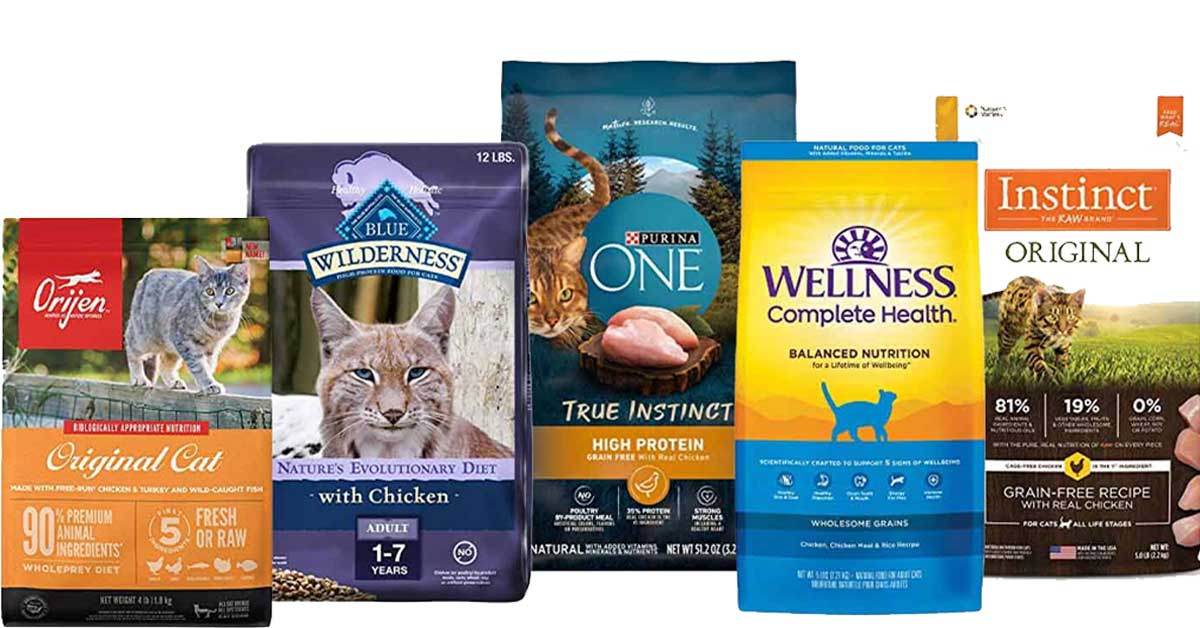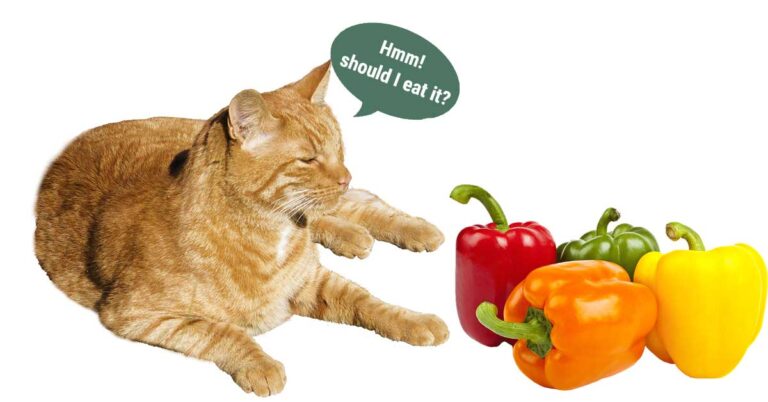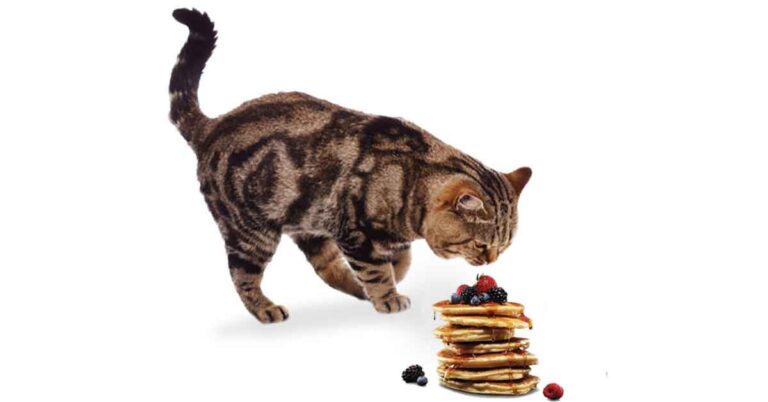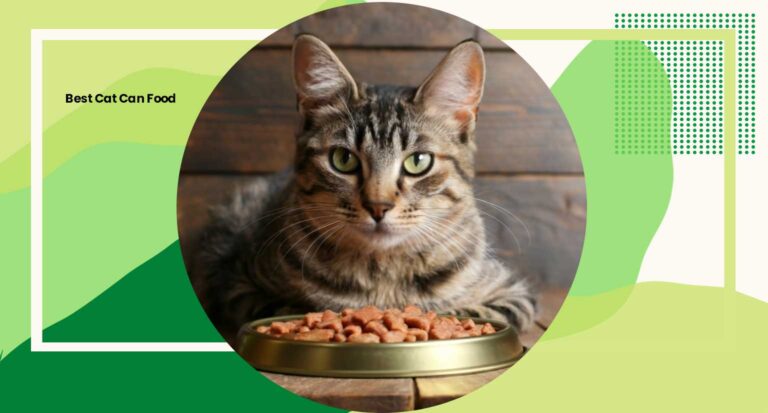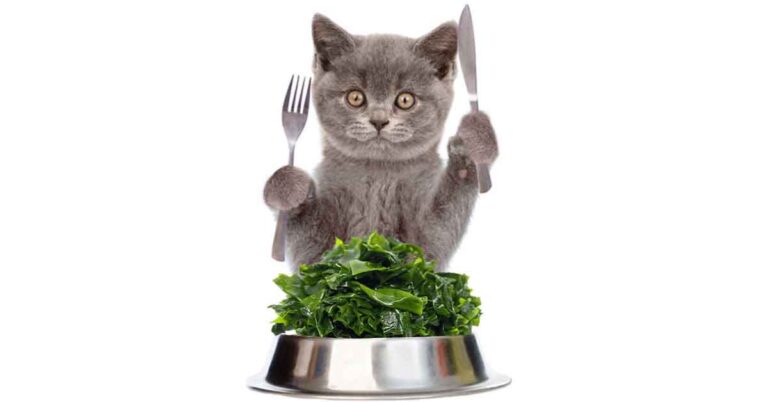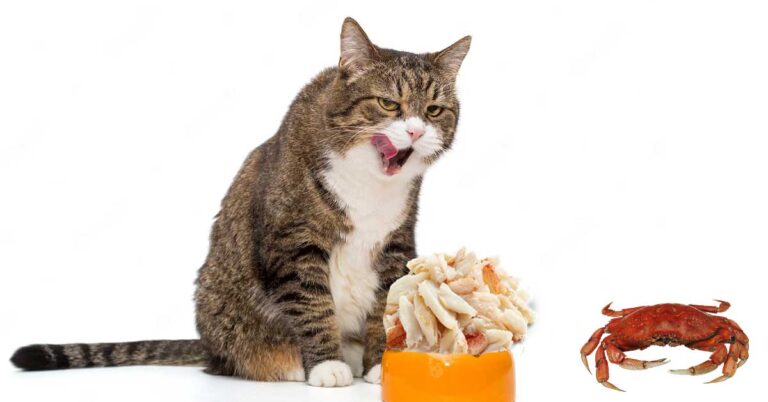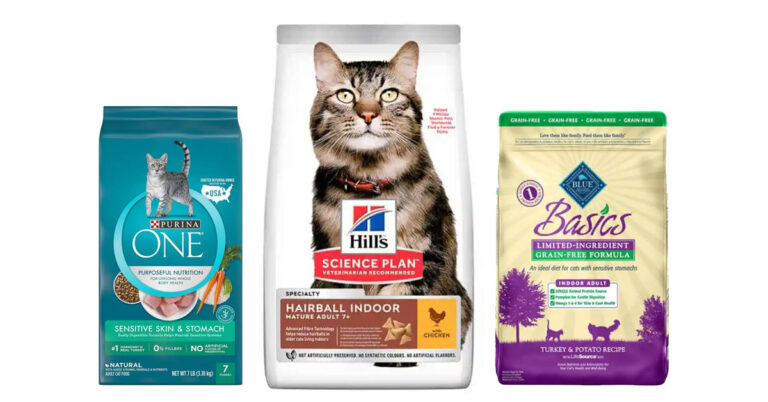Best Cat Food for Outdoor Cats
Keeping your outdoor cats healthy and thriving requires the best nutrition possible. Just like their feline ancestors, outdoor cats are obligate carnivores, requiring a diet high in animal protein to support their active lifestyle.
But with so many different brands on the market today, finding the best cat food for outdoor cats can be a daunting task. This guide will explore top cat food brands, focusing on essential nutrients, protein content, and overall health benefits for your outdoor companions.
Food for Outdoor Cats
Outdoor cats need a specialized diet to meet their unique nutritional needs. They require a higher protein content, essential nutrients, and a balanced diet to sustain their outdoor activities.
The best cat food for outdoor cats not only fulfills these requirements but is also designed to support their immune system, promoting overall health and longevity. When looking for the best food for your outdoor cats, always consider the first ingredient, as this should ideally be a high-quality protein source such as cage-free chicken or fish.
Importance of High-Quality Ingredients
The importance of high-quality ingredients in your cat’s food cannot be overstated. Inferior cat food often contains meat by-products, artificial flavors, and colors that offer little nutritional value and can potentially harm your cat’s health. On the other hand, high-quality cat food brands focus on natural ingredients, like real chicken, fish oil, and sweet potatoes, all providing a myriad of health benefits.
Animal-based proteins, rich in essential amino acids, support lean muscle development and satisfy your cat’s instinctual cravings. Fatty acids derived from fish oil promote a healthy skin and coat, while sweet potatoes provide essential vitamins and antioxidants that bolster the immune system. Always ensure to check the ingredient list on your cat food label to understand what you’re feeding your cat.
Types of Cat Food
Choosing the right type of food for your outdoor cat is paramount to their health. There are generally two types of cat food to consider: wet food and dry food.
Wet Food: Wet cat food, rich in moisture content, helps keep cats hydrated. This is particularly beneficial for cats that don’t drink enough water. Also, cats with specific medical conditions like kidney disease can benefit from the high moisture content. Wet food often has a high protein content and fewer carbohydrates, making it an excellent choice for maintaining a healthy weight.
Dry Food: Dry food is a convenient and cost-effective option for many cat owners. It offers a longer shelf-life and is often packed with energy-dense nutrients. However, some dry foods can contain higher carbohydrate levels, so it’s essential to choose a product with a primary ingredient of high-quality protein like real chicken or fish. The best dry cat food brands also incorporate essential nutrients to support your cat’s overall health.
Wet Food
The best wet cat food for outdoor cats offers several advantages. With its high moisture content, it aids in hydration and supports urinary health – especially beneficial for cats who don’t naturally drink much water. It is also typically high in animal protein, closely mimicking a cat’s natural diet in the wild. This makes wet food an excellent choice for feral and stray cats transitioning to domestic life. However, wet food can spoil quickly once opened, so it’s a good idea to only serve what your cat can eat in one sitting.
Dry Food
When it comes to convenience and affordability, dry cat food often stands out. It doesn’t spoil quickly, making it an excellent option for free-feeding. The best dry cat food for outdoor cats will feature a high-quality protein source as the main ingredient. Many dry foods also contain fatty acids for a healthy coat and skin, as well as other essential nutrients to support a healthy immune system. Keep in mind that while dry food is nutritionally dense, it’s lower in moisture content compared to wet food, so ensure your outdoor cats have access to fresh water at all times.
Crucial Nutrients for Outdoor Cats
Outdoor cats, being more active, have unique dietary needs compared to indoor cats. Besides high protein content to sustain their energy levels, there are several other essential nutrients that they require for optimal health.
Animal Proteins: Cats are obligate carnivores, which means they need a diet high in animal protein. Look for cat food where animal protein is the main ingredient – this could be real chicken, fish, or organ meat. Such ingredients support your cat’s muscle strength and development.
Fatty Acids: Fatty acids like Omega-3 and Omega-6, often found in fish oil, are crucial for maintaining healthy skin and a shiny coat. They also support your cat’s immune system and have anti-inflammatory properties.
Vitamins and Minerals: Vitamins such as A, D, E, and K, along with minerals like calcium and phosphorus, are vital for your cat’s overall health. They support various functions, from bone health to immune response.
Taurine: An essential amino acid, taurine supports your cat’s heart health, vision, and reproductive system. As cats cannot produce taurine, it must be present in their diet.
Moisture: Outdoor cats often don’t drink as much water as they should. Choosing a food with high moisture content, like wet food, can help keep them hydrated.
Benefits of Species-Appropriate Food
Cats, both indoor and outdoor, have different dietary needs compared to other pets. Their bodies are designed to consume and thrive on meat. Therefore, feeding them a species-appropriate diet – one that is primarily composed of high-quality animal proteins and essential nutrients – offers numerous benefits.
Improved Energy Levels: High-quality, animal-based proteins provide the energy that outdoor cats need for their active lifestyle. These proteins help to maintain their muscle mass and promote a healthy metabolism.
Optimal Digestive Health: Cats have a shorter digestive system compared to omnivores, designed to process animal proteins and fats efficiently. A diet rich in these nutrients ensures optimal digestive health.
Overall Health: A species-appropriate diet provides all the necessary nutrients your cat needs, promoting overall health. It supports various body functions, from maintaining a healthy skin and coat to boosting the immune system.
Longevity: Feeding your cat a balanced, species-appropriate diet can contribute to a longer, healthier life. It can also prevent diet-related issues such as obesity, diabetes, and kidney disease.
Benefits of Species-Appropriate Food
Cats, both indoor and outdoor, have different dietary needs compared to other pets. Their bodies are designed to consume and thrive on meat. Therefore, feeding them a species-appropriate diet – one that is primarily composed of high-quality animal proteins and essential nutrients – offers numerous benefits.
Improved Energy Levels: High-quality, animal-based proteins provide the energy that outdoor cats need for their active lifestyle. These proteins help to maintain their muscle mass and promote a healthy metabolism.
Optimal Digestive Health: Cats have a shorter digestive system compared to omnivores, designed to process animal proteins and fats efficiently. A diet rich in these nutrients ensures optimal digestive health.
Overall Health: A species-appropriate diet provides all the necessary nutrients your cat needs, promoting overall health. It supports various body functions, from maintaining a healthy skin and coat to boosting the immune system.
Longevity: Feeding your cat a balanced, species-appropriate diet can contribute to a longer, healthier life. It can also prevent diet-related issues such as obesity, diabetes, and kidney disease.
Recommended Cat Food Brands
With so many cat food brands available on the market today, it can be challenging to determine the best choice for your outdoor cat. Here are a few recommended brands that offer high-quality, nutritionally balanced cat food.
Blue Buffalo: Known for its natural ingredients and lack of artificial preservatives, Blue Buffalo offers a variety of recipes to meet the nutritional needs of different life stages and dietary requirements. Their grain-free cat food is a great option for cats with sensitivities or allergies.
Hill’s Science Diet: Hill’s Science Diet cat food is created with high-quality, easily digestible ingredients. It’s scientifically formulated to provide balanced nutrition for outdoor cats of all ages, including senior cats and kittens.
IAMS Proactive Health Adult: This brand offers a blend of high-quality protein (like real chicken), fiber, and essential nutrients, designed to support your cat’s overall health and wellness. IAMS food also supports a healthy immune system and maintains a healthy weight.
Open Farm: Open Farm emphasizes transparency and sustainability. Their cat food is packed with high-quality ingredients, including premium animal protein as the first ingredient. They avoid using artificial flavors or preservatives, and all their recipes are grain-free.
Remember, each cat is unique and may have different nutritional needs. Always consult with a vet to determine the best diet for your cat’s health and lifestyle.
Grain-Free and Natural Options
As the awareness of pet nutrition increases, many cat owners are turning towards grain-free and natural cat food options. These diets aim to more closely mimic what cats would naturally eat in the wild and can have several benefits.
Grain-Free Cat Food: Cats are obligate carnivores, which means their primary source of nutrition should be animal protein. Grain-free cat food options eliminate grains like corn, wheat, and soy, which are often used as fillers in cheap cat foods. Instead, these diets focus on providing high-quality protein from animal sources. Some cats may have grain sensitivities, making grain-free options a good choice for them.
Natural Cat Food: Natural cat food typically features wholesome, real-food ingredients, like real chicken, fish, vegetables, and fruits. They avoid artificial colors, flavors, and preservatives, which can be harmful to your cat’s health. Natural cat food brands focus on delivering high-quality, minimally processed nutrition for your cat.
While both grain-free and natural cat foods can be beneficial, it’s always important to ensure that the food you choose meets the nutritional needs of your cat. Also, consider seeking advice from a vet before making significant changes to your cat’s diet.
Considerations for Different Life Stages
Cats have different nutritional needs at different stages of their lives, from kittenhood to adulthood and into their senior years. As such, the best cat food for outdoor cats will depend on their life stage.
Kittens: Kittens are growing rapidly and need a diet high in protein to support their growth and development. They also require more calories than adult cats. Kitten food often contains a unique balance of nutrients, including DHA for brain and eye development.
Adult Cats: Adult cats require a balanced diet with protein as the primary ingredient. The best food for adult cats will also include essential nutrients to support their overall health, maintain a healthy weight, and support their active lifestyle.
Senior Cats: Older cats may have slower metabolisms and specific dietary needs. They can benefit from a diet lower in calories but still rich in high-quality protein, fiber, and essential nutrients. Some senior cat foods also contain supplements like glucosamine for joint health.
Regardless of the life stage, it’s always a good idea to consult with your vet to ensure that your cat’s nutritional needs are being met.
Regulation Standards
When it comes to pet food safety and nutritional adequacy, the Association of American Feed Control Officials (AAFCO) plays a crucial role in the United States. They set guidelines for pet food manufacturers to follow, ensuring that the products meet the minimum nutritional requirements for the pet’s specific life stage.
Look for a statement on the cat food label that indicates the food is ‘complete and balanced.’ This phrase means that the food meets the nutritional standards set by AAFCO. The statement will also indicate the life stage for which the food is suitable, such as ‘for growth,’ ‘for maintenance,’ or ‘for all life stages.’
While AAFCO guidelines help ensure basic nutritional adequacy, they should not be the only consideration. Remember, the aim is to provide your cat with the best nutrition possible, not just meet the minimum requirements. Therefore, it’s essential to look for high-quality ingredients and consider your cat’s unique nutritional needs.
Avoiding Harmful Ingredients
While focusing on the essential nutrients and high-quality ingredients in cat food is important, it’s equally vital to be aware of harmful ingredients that should be avoided. Some ingredients can cause health issues over time, including allergic reactions, poor nutritional value, and digestive problems.
Artificial Colors and Flavors: Artificial colors and flavors do not add any nutritional value to cat food. They are often used to make the food more appealing to pet parents but can cause food allergies and other health issues in cats.
Meat By-products: While not all by-products are harmful, unspecified meat by-products should be avoided. They can contain low-quality protein sources that don’t provide the essential amino acids your cat needs.
Certain Grains: Some cats can digest grains without issues, but others might have grain allergies or sensitivities. If your cat has a grain allergy, look for grain-free options.
Chemical Preservatives: Certain preservatives, like BHA and BHT, can have harmful effects over time. Look for natural preservatives like Vitamin C (ascorbic acid) or Vitamin E (tocopherols) instead.
By understanding what to avoid, you can ensure that your cat gets a diet that not only satisfies their hunger but also nourishes their body.
Caring for Special Dietary Needs
Some cats have unique dietary needs due to medical conditions, allergies, or sensitivities. It’s crucial to understand and cater to these special needs to maintain their overall health and quality of life.
Allergies: Cats can develop allergies to certain ingredients in cat food, such as certain proteins, grains, or artificial additives. If your cat is showing signs of an allergic reaction, like itching, digestive issues, or changes in behavior, consult your vet. They can help identify the allergen and recommend suitable cat food.
Weight Management: Just like humans, cats can struggle with weight issues. Overweight cats may need a diet lower in calories but still nutritionally balanced. Underweight cats, on the other hand, may need a diet higher in calories. Consult with your vet to find the best food for your cat’s weight management.
Medical Conditions: Certain medical conditions, such as kidney disease or diabetes, require special diets. For example, cats with kidney disease often need a diet lower in protein and phosphorus. If your cat has a medical condition, your vet will guide you in choosing the best diet to manage the condition.
Remember, every cat is unique, and what works for one might not work for another. It’s always a good idea to consult with your vet before making any major changes to your cat’s diet.
Additional Factors to Consider
When it comes to choosing the best cat food for outdoor cats, there are a few additional factors to consider:
Taste: No matter how nutritious the cat food, if your cat doesn’t like the taste, they won’t eat it. Some cats may prefer certain flavors or types of food over others. Try different flavors and textures to see what your cat prefers.
Feeding Schedule: Outdoor cats tend to be more active and might require more frequent feedings compared to indoor cats. Ensure your cat has a consistent feeding schedule that aligns with their lifestyle and dietary needs.
Water Intake: Hydration is crucial for cats, particularly if they primarily consume dry food. Make sure your cat has access to fresh water at all times to maintain proper hydration and support kidney health.
Cat’s Activity Level: Outdoor cats usually have a more active lifestyle compared to indoor cats. They might require food with a higher calorie content to meet their energy needs.
Ultimately, the best cat food for your outdoor cat will depend on their individual health status, dietary needs, preferences, and lifestyle. A vet can provide personalized advice based on your cat’s unique needs.

